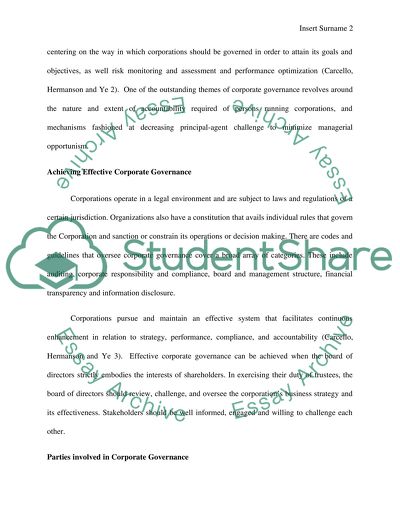Cite this document
(“The Fraud-Governance Linkage and Audit Research Paper”, n.d.)
Retrieved from https://studentshare.org/finance-accounting/1453484-corporate-gvernance-the-fraud-governance-linkage
Retrieved from https://studentshare.org/finance-accounting/1453484-corporate-gvernance-the-fraud-governance-linkage
(The Fraud-Governance Linkage and Audit Research Paper)
https://studentshare.org/finance-accounting/1453484-corporate-gvernance-the-fraud-governance-linkage.
https://studentshare.org/finance-accounting/1453484-corporate-gvernance-the-fraud-governance-linkage.
“The Fraud-Governance Linkage and Audit Research Paper”, n.d. https://studentshare.org/finance-accounting/1453484-corporate-gvernance-the-fraud-governance-linkage.


